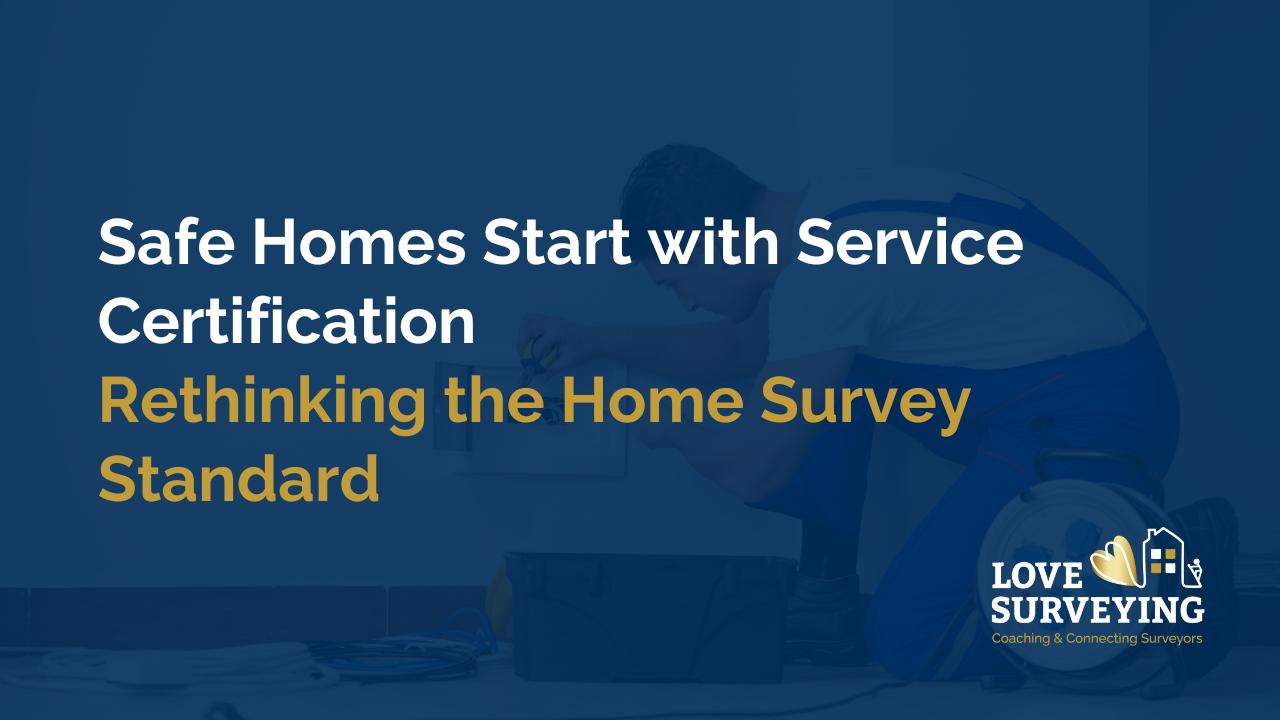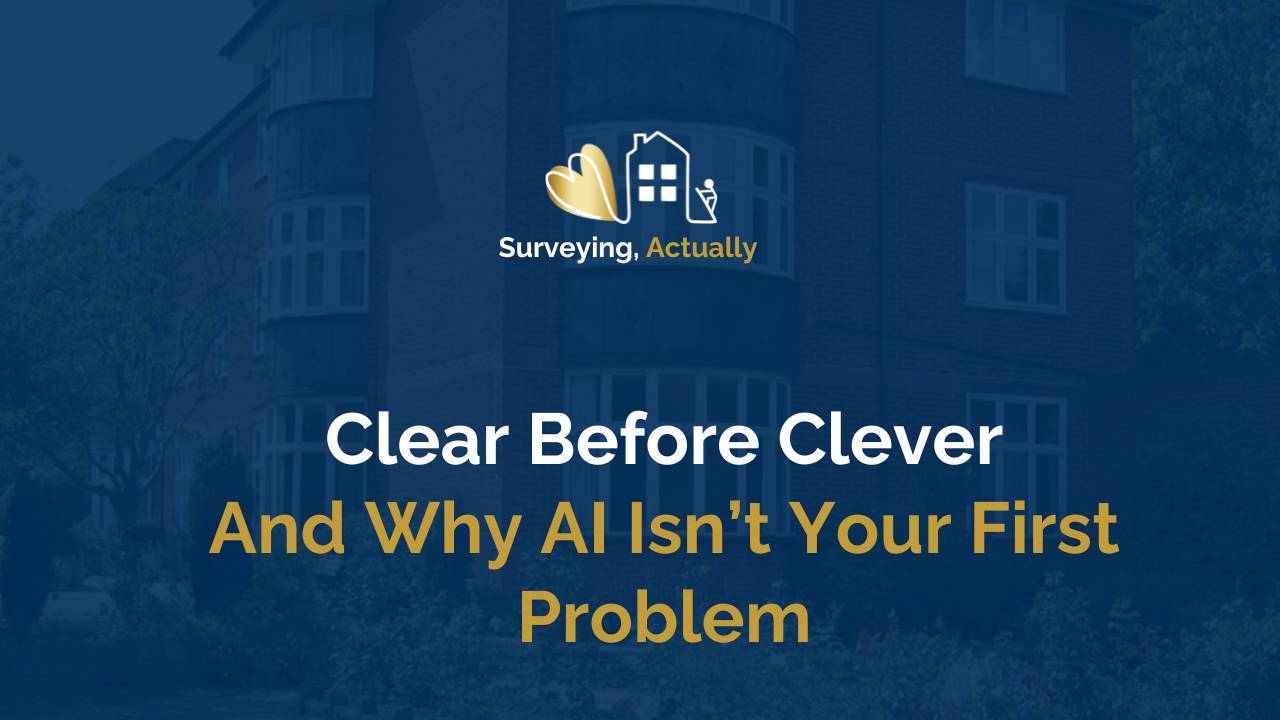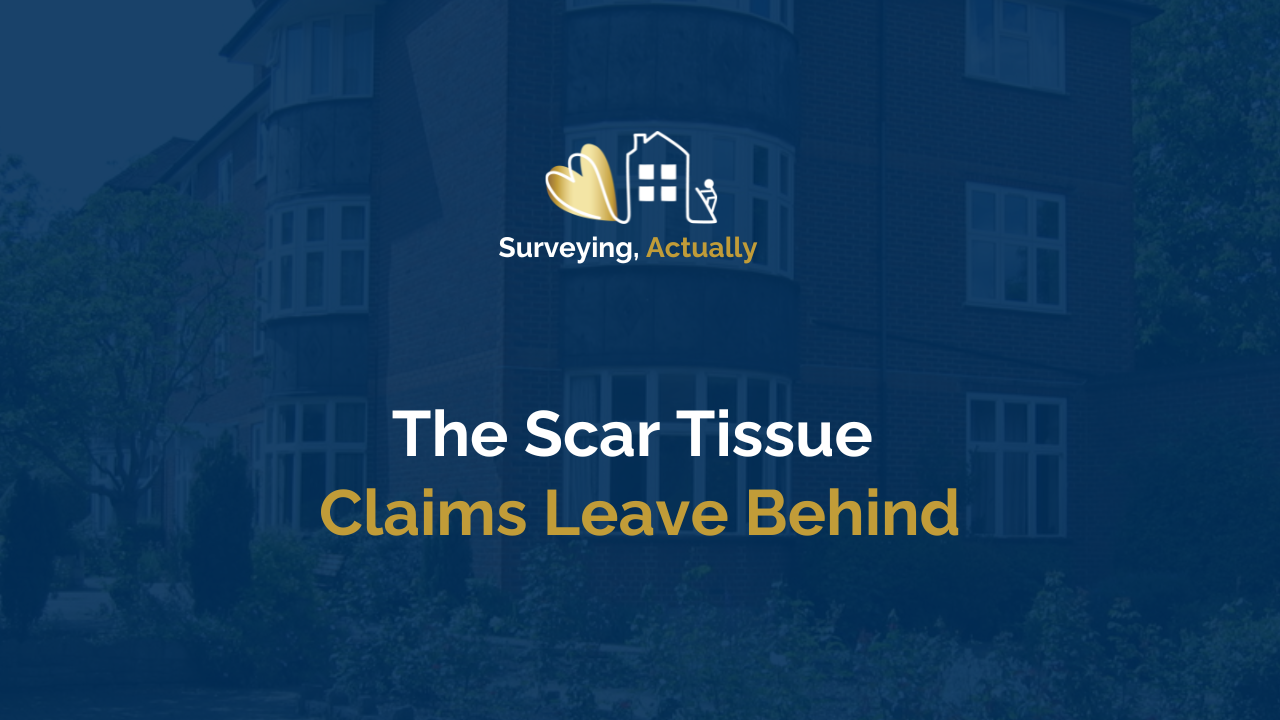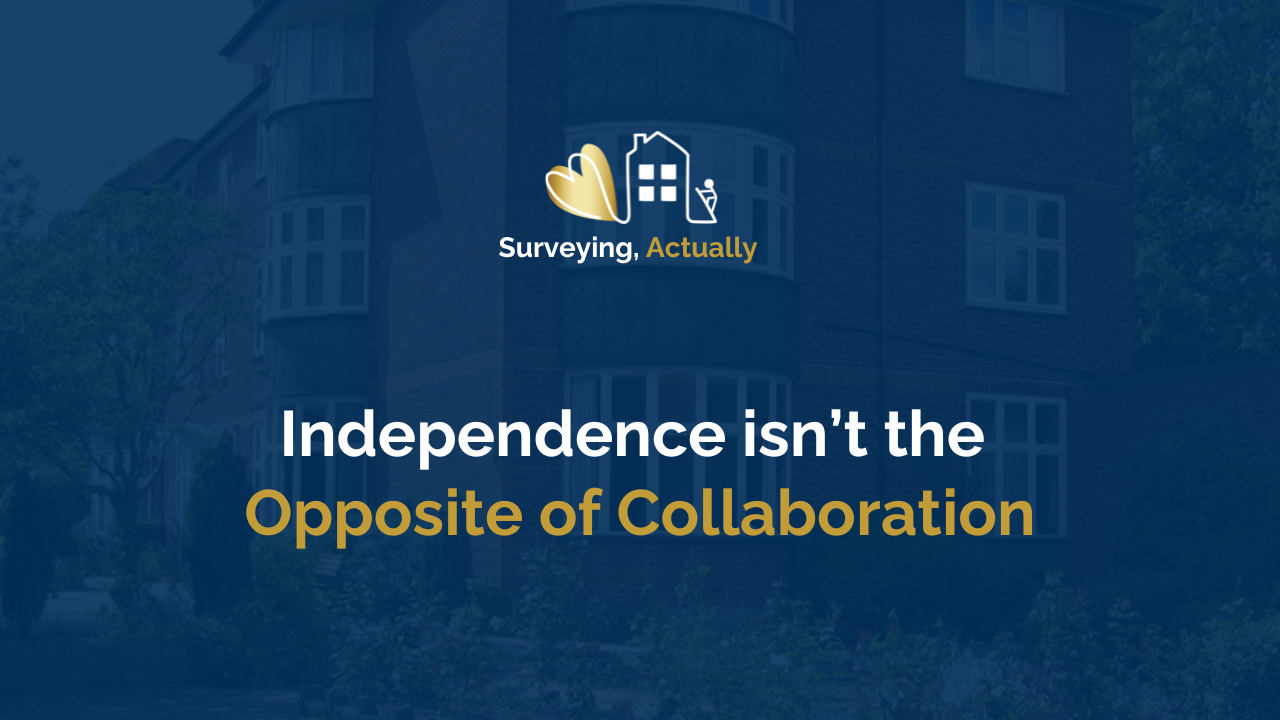Safe Homes Start with Service Certification: Rethinking the Home Survey Standard
Aug 18, 2025
One of the most contentious areas in the draft Home Survey Standard (HSS) is how surveyors should deal with services - the electrics, gas, water, heating, and ventilation that make a home liveable.
The draft standard says that where the condition of services cannot be verified - for example, because there are no certificates or visible evidence - surveyors must recommend further investigation by appropriately qualified specialists.
It also uses words like “check” and “test”, which sound clear at first glance but, in practice, mean very different things to different people. And that’s where the problems begin.
Confusion for surveyors, confusion for consumers
Even within the profession, there is no shared understanding. Some surveyors interpret “check” as turning on taps, lights, hobs, or fans - a functional check. Others argue this crosses into testing, which should be left to qualified electricians, gas engineers, or plumbers. Tools like socket testers or flow meters are especially divisive - some see them as quick indicators, others as liability traps.
If trained professionals can’t agree on what “check” means, how can consumers possibly know what they are - or are not - getting?
A buyer who reads “the services were checked” may reasonably assume:
- sockets are safe
- the boiler is reliable
- ventilation is effective
In reality, that’s not what the surveyor has done.
This gap between expectation and reality is exactly what fuels complaints, claims, and loss of trust.
We must also remember:
- the average UK reading age is 9–11,
- around 8% of households speak a language other than English at home,
- and many buyers face accessibility challenges such as dyslexia or neurodivergence.
All of these people are entitled to buy a home — and none should be expected to parse technical distinctions that even professionals debate.
RICS’ own research shows that 78% of buyers are unaware of the difference between a mortgage valuation and a survey.
If that’s the baseline, how can we expect them to grasp the difference between a functional check and a safety test — especially when the standard itself doesn’t define them clearly?
Given that we are talking about safety, are we confident in pushing this confusion onto consumers, without robust evidence of what they understand or need?
And more importantly, has any consumer or cross-industry research been done to test how people interpret these terms and what information would genuinely help them make safer choices?
Where are the service specialists?
Another glaring issue is that the consultation appears to have been drafted with little input from service industry providers. Electricians, plumbers, heating engineers, and ventilation specialists are the ones qualified - and insured - to test these systems. Without their voices in the process, the HSS risks blurring professional boundaries and leaving surveyors exposed to risks they are neither trained nor equipped to manage.
If the goal is consumer protection, then alignment with the existing competent person schemes (such as NICEIC and NAPIT for electrics, Gas Safe for heating, etc.) is essential. Otherwise, surveyors are left trying to interpret standards that overlap but don’t align with how services are actually regulated.
Why not require certification upfront?
The simple answer is staring us in the face: if valid certificates for services were required at the point of marketing, most of this problem would disappear.
- Buyers would see reliable, specialist evidence of the state of the electrics, gas, and heating systems.
- Surveyors could provide meaningful commentary without resorting to repetitive caveats.
- Sellers wouldn’t have to upgrade; just be honest about what exists.
- And crucially, it would bring the sale of homes in line with the rental sector, where EICRs and gas safety checks are already mandatory.
Whether you rent or buy, one principle should apply: everyone deserves a safe home.
A chance to be bold
RICS has the opportunity to set a clearer, safer standard - one that:
- recognised the limits of surveyors’ expertise,
- respected the role of qualified service specialists,
- and demanded honesty upfront.
Instead, the draft risks confusing consumers and frustrating professionals. The solution is not to make surveyors part-time electricians or plumbers.
The solution is to:
- consult properly with the service industries,
- define “check” vs “test” in plain English, with examples,
- require upfront certification at marketing so buyers see the truth and surveyors can report with confidence.
Anything less is a missed opportunity.
Why It Matters
Services are fundamental to making a home safe. Without clarity and proper certification, surveyors are left exposed, and consumers are left at risk. By embedding upfront certification and aligning the HSS with existing service regulations, RICS could have set a higher bar - one that truly delivers safe homes and greater trust in the profession.
A Personal Note
These thoughts come from over 20 years in surveying and complaint resolution - seeing, time and again, how small misunderstandings lead to big problems. This isn’t criticism for the sake of it. It’s an invitation to think differently, to make the standard truly serve both surveyors and consumers. They’re simply my perspective - shared to open up discussion and encourage more voices to feed into the consultation. If you have a view, please take a moment to respond - your input really does make a difference. This is the link to the consultation.
Enjoyed this article?
- You might also like: Consumer Products Get Tested - So Why Not the Home Survey Standard?
- Find it useful? Please share it with friends or colleagues who might benefit.
- Want to support my work? Leave me a quick Google Review or Buy Me a Coffee ☕. Every little helps as a small business.





